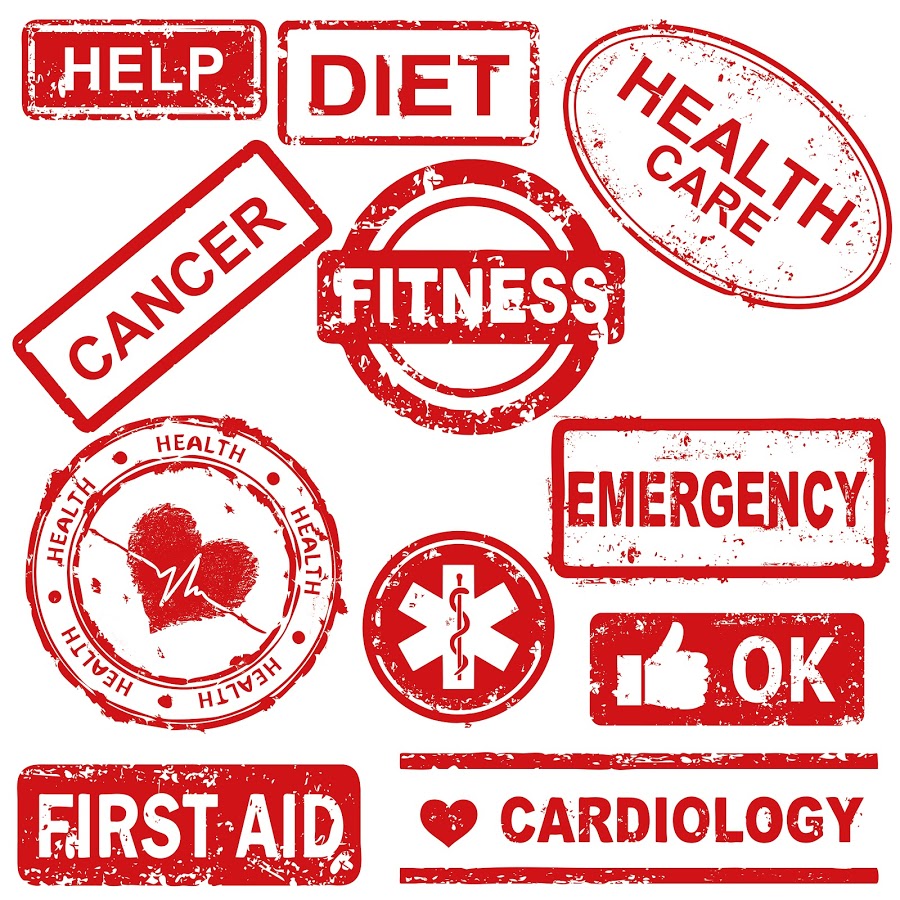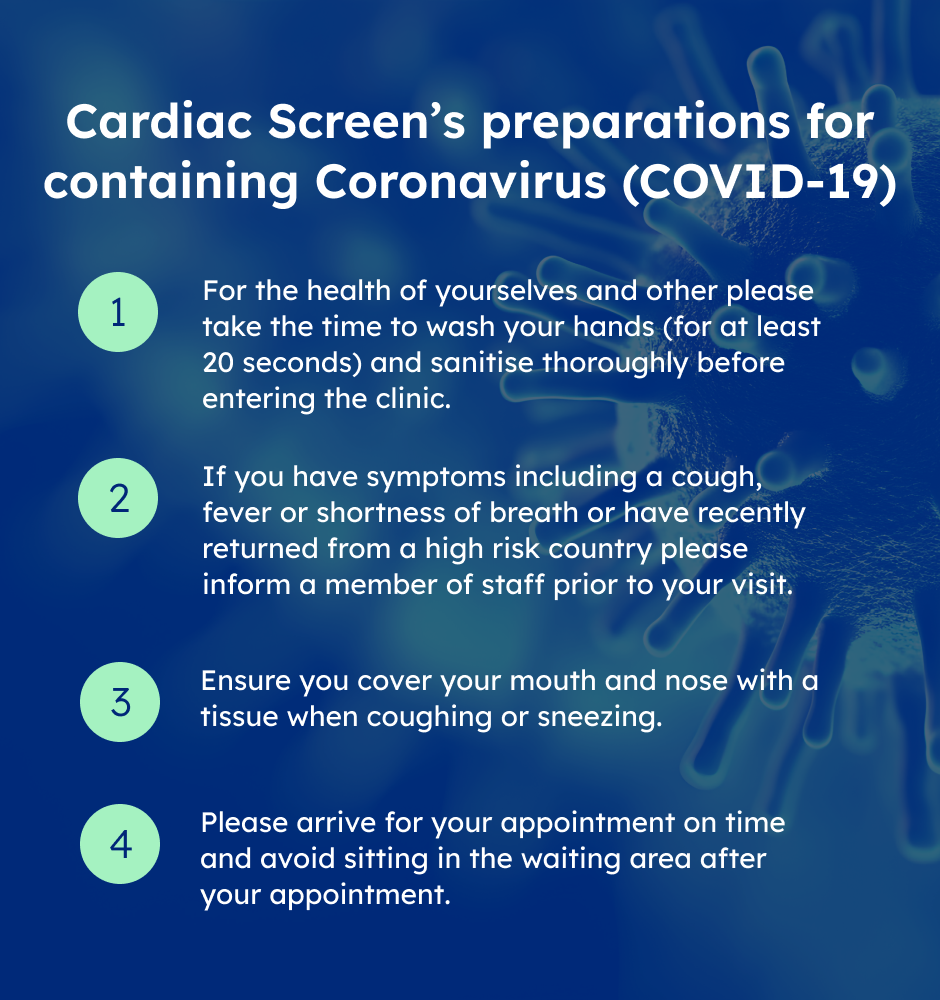Please click here to view Cardiac Screen's preparations for containing Corona Virus
Balppa House, 57-61 Newington Causeway, London SE1 6BD
Combining Tests Can Identify Patients at Risk of Stroke
Meet Our Medical Specialists

Many different tests, such as the carotid Doppler scan, can be used to identify people who are at risk of stroke and cardiovascular disease. However, we are still unable to predict perfectly who will have a stroke. Research is helping us to develop better methods for detecting stroke risk, including a combined genetic test and CT scan that can detect a condition called CAA.
Blood Tests and Brain Scans
New research has revealed that combining two tests can actually make it easier to predict who will have another stroke. The study looked at a particular condition called cerebral amyloid angiopathy or CAA, which happens when there is a build up of protein in the blood vessels of the brain. Narrowed arteries can increase the risk of stroke by preventing blood from reaching areas of the brain. A blood test can identify people who are at higher risk of developing CAA because they carry a specific gene. The presence of CAA in the arteries can then be confirmed with a CT scan. Using these two tests together can enable doctors to make more accurate predictions about stoke risk.
Other Tests for Stroke Risk
Although combining blood tests and brain scans seems to be particularly effective for detecting the risk of strokes linked to CAA, other types of tests may also be used. One of the most commonly used tests for measuring stroke risk is the carotid Doppler scan. It may be used to assess stroke risk during health screening or to assess a patient after a stroke. The carotid Doppler scan is a special kind of ultrasound that can measure the blood flow through the arteries that supply the brain. If these arteries are narrowed or blocked, it can increase the risk of stroke. The scan can therefore help to assess your chances of having a stroke in the future. Other tests may also be used to assess your stroke risk and general health. It is important for doctors to have as many tools as possible to identify those people who need further care to prevent strokes. Knowing who is at risk of stroke can help us to provide the right care before it happens.















